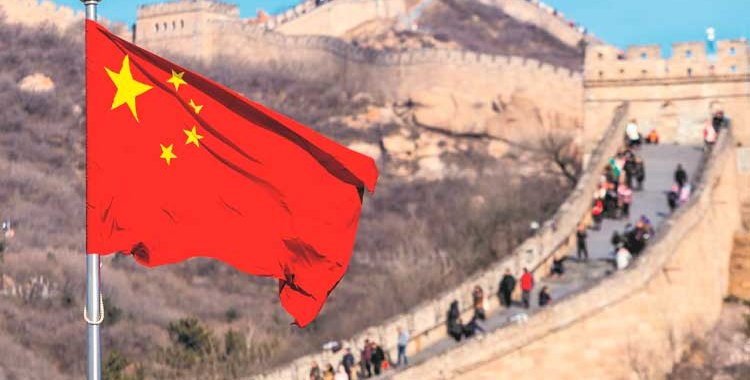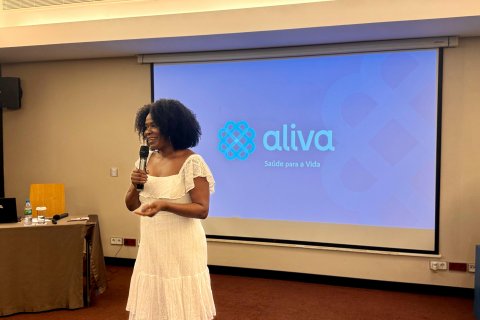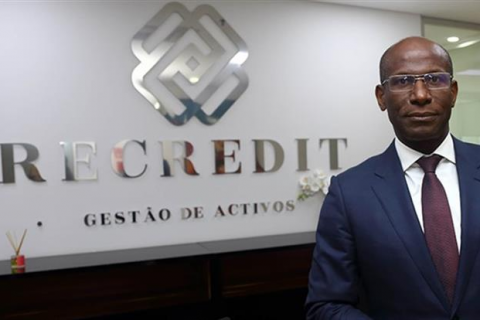"The Chinese have always made loans based on the idea that individual projects contribute to structural transformation and economic development, so those projects can be good and viable to put countries in a position to repay the loans," said the director of the China Africa Research Initiative at Johns Hopkins University.
In a statement to the financial information agency Bloomberg, this expert on the relationship between China and the African continent, the Asian giant should not accept a debt forgiveness, which the expert puts at 152 billion dollars, but should accept a postponement of payments.
"Generally, it's not that difficult to extend the repayment period or extend the maturity of the loans," said the expert, commenting on China's participation in the Debt Service Suspension Initiative (DSSI), defined by the G20, of which China is part, in April, which suspends the payment of 20 billion dollars in payments from the most vulnerable countries until the end of the year.
China is one of the main creditors of developing countries that qualify to join this G20 initiative, which aims to alleviate the finances of these countries so they can effectively fight the covid-19 pandemic, holding, in particular, close to 60 percent of Angola's public debt, as a result of the close relationship between the two countries, according to ratings agency Moody's.
According to the International Financial Institute (IFI), China is the creditor of over 25 percent of the 140 billion dollars in debt to be paid this year from countries eligible for the G20 initiative, with the world total due to China reaching 5.5 billion dollars.
Private creditors representing more than 9 billion assets, under the IFI seal, have created a group to renegotiate the debt of developing countries, a group that includes all Portuguese-speaking African countries.
Last week, 25 African debt creditors, representing assets of 8.3 trillion euros, set up the AfricaPCWG (Working Group of Private Creditors of Africa) with the aim of defining a solution to the difficulty of honouring financial commitments and, at the same time, channelling public spending to combat the economic and health effects of covid-19.
Deborah Brautigam's statements come at the same time that the UNECA is having meetings with African finance ministers following public discussion in African financial markets on how governments can honour commitments and at the same time invest in the spending needed to contain the covid-19 pandemic.
The assumption of the debt problem as a central issue for African governments was well reflected in the concern that the International Monetary Fund (IMF) and the World Bank devoted to this issue during the Annual Meetings held in April in Washington, where they made funds available and agreed on a moratorium on paying the debts of the most vulnerable countries to these institutions.







